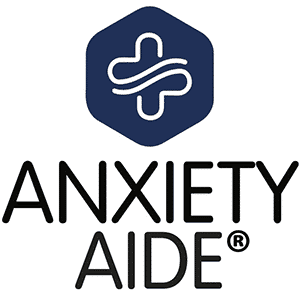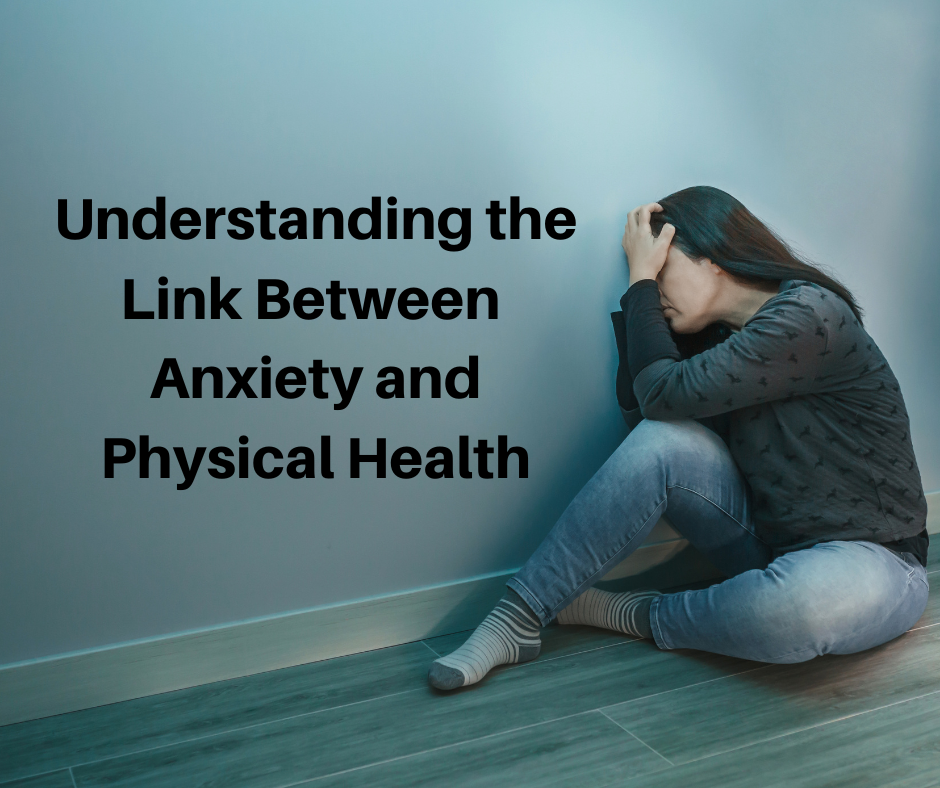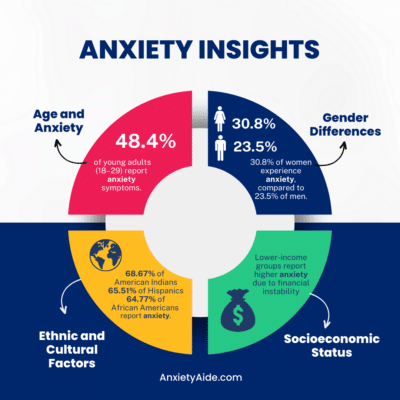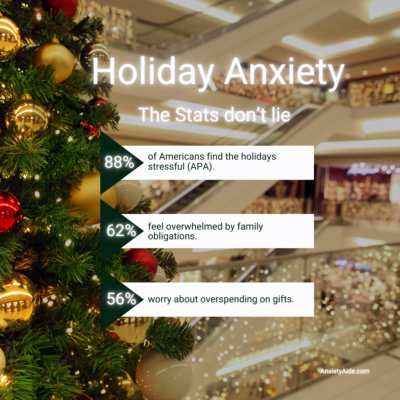Welcome to Anxiety Aide! As part of our ongoing mission to provide valuable resources and support to those dealing with anxiety, we’re diving into the intricate relationship between anxiety and physical health.
Anxiety isn’t just a mental state; it can have profound effects on our bodies. This connection is explored in depth in an insightful article available on the National Center for Biotechnology Information (NCBI) website.
The Impact of Anxiety on Physical Health
Anxiety can manifest in numerous physical symptoms, often leading to a vicious cycle where the symptoms of anxiety increase the anxiety itself. Some common physical manifestations of anxiety include:
**Increased Heart Rate** Anxiety can cause a significant increase in heart rate, leading to palpitations and, in severe cases, chest pain.
**Digestive Issues** Many people with anxiety experience gastrointestinal problems such as nausea, diarrhea, or irritable bowel syndrome (IBS).
**Muscle Tension and Pain** Chronic anxiety can lead to muscle tension, headaches, and general body aches.
**Respiratory Problems**Anxiety can cause rapid, shallow breathing, which can lead to feelings of breathlessness or hyperventilation.
The Science Behind the Connection
The article from NCBI delves into how anxiety affects various bodily systems. It highlights several key points:
1. Neurological Impact: Anxiety triggers the release of stress hormones like cortisol and adrenaline, which prepare the body for a ‘fight or flight’ response. This constant state of alert can overwork the nervous system.
2. Cardiovascular Health: Chronic anxiety is linked to increased risk of heart disease and hypertension due to the persistent elevation of stress hormones affecting heart rate and blood pressure.
3. Immune System: Prolonged anxiety can weaken the immune system, making the body more susceptible to infections and illnesses.
4. Digestive System: Anxiety can disrupt the gut-brain axis, affecting digestion and leading to issues like IBS and other gastrointestinal disorders.
Managing Anxiety to Improve Physical Health
Recognizing the physical symptoms of anxiety is the first step toward managing it effectively. Here are some strategies to help:
– Mindfulness and Relaxation Techniques: Practices like meditation, yoga, and deep-breathing exercises can help calm the mind and reduce physical symptoms of anxiety.
– Regular Exercise: Physical activity can help lower stress hormones and improve overall physical health.
– Healthy Diet: Eating a balanced diet can help regulate the digestive system and reduce anxiety-related gastrointestinal issues.
– Professional Help: Consulting with healthcare professionals for therapy or medication can provide significant relief from both mental and physical symptoms of anxiety.
Conclusion
Understanding the link between anxiety and physical health is crucial for managing symptoms and improving overall well-being. We encourage you to explore the full article on NCBI for a more comprehensive understanding of this connection. [Read the full article here](https://www.ncbi.nlm.nih.gov/pmc/articles/PMC4140513/).
At Anxiety Aide, we’re committed to providing you with the resources and support you need to navigate your journey with anxiety. Stay tuned for more articles, tips, and expert advice!



